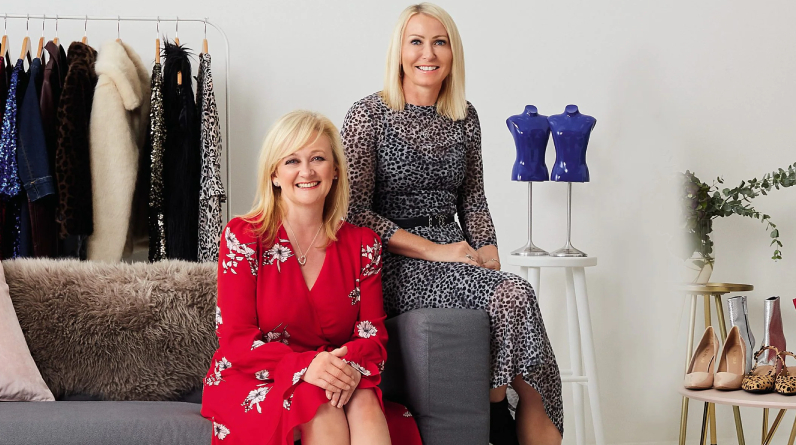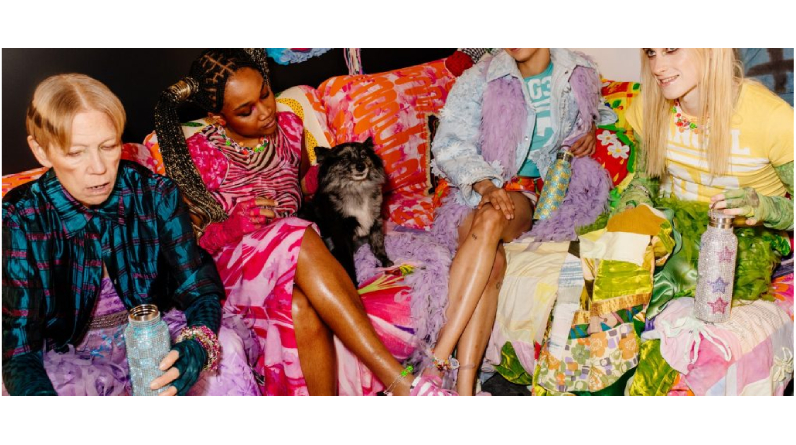Northern e-commerce fashion pioneers like JD Sports, Boohoo, and N Brown Group have set the standard for innovation and success. But with this month’s trading updates, have some of the major fashion companies reached a ceiling?
Although the high street was abandoned in 2020, business was booming for many online retailers because consumers turned to the internet for their fashion fix.
As lockdowns were lifted, the cost of living crisis reared its ugly head and a new battle was born. Online stores are feeling the pinch as consumers cut back on spending.
Catherine Shuttleworth, retail analyst and founder of Leeds-based Savvy Marketing, told Prolific North that the clothing and footwear sector has been hit hard by the cost of living crisis against the backdrop of low consumer confidence, rising inflation, and the prospect of tough times ahead.
Businesses with northern headquarters are all feeling the consumer shift, but some will benefit more than others.
For the four months ending in December, online fast fashion retailer Boohoo group reported £637.7m in revenue, down from £714.5m in the same period last year. The company’s portfolio of brands includes PrettyLittleThing and Dorothy Perkins. The online fashion group may be feeling the effects of the growing number of environmentally conscious customers despite implementing a sustainability strategy.

According to Shuttleworth, “shoppers’ lifestyles and attitudes are really changing, which is causing a slowdown in sales at online fast fashion retailers like Boohoo.”
“Their customers are giving serious thought to environmental impact when making purchases, and they’re turning to third-party marketplaces like Vinted as their first stop.” Their customers are spending less money with them as a result of this and the fact that they are eating, drinking, and partying less often away from home.
JD Sports reported a successful holiday trading period, despite Boohoo’s results. Results have been groundbreaking for the Bury-based sportswear behemoth, which employs around 1,500 people in stores and online. Group profits before tax are expected to be between £933m and £985m for the year ending 28 January, and just over £1bn for the year ending 3 February, 2024.
Also Read : In response to renewed Chinese aggression the United States is sending troops back to the Philippines
“JD Sports has seen really strong results as younger shoppers have returned to the high street and are willing to buy brands that are of value to them in an environment that they enjoy spending time in,” says the company’s CEO.
“JD is in the sweet spot for shoppers as the trend toward more casual wear is being driven by at-home work and staying in with friends instead of going out.”
Ali Hall and Julie Lavington of Cheshire, England, launched their own e-commerce fashion label called Sosandar this year, and it’s been nothing but a smashing success so far. Sosandar, an online retailer specialising in women’s apparel, announced in December that it had been profitable for the six months prior thanks to a 72% increase in sales and a new partnership with grocery giant Sainsbury’s.

“We are also seeing brands working with retailers to extend their reach and use their ecom platforms – Sosander have recently announced that they will be working with Sainsbury’s clothing brand TU as they have already done with M&S as part of their strategy to drive revenue,” says the report.
In the 18 weeks leading up to December 31st, N Brown Group, a publicly traded e-commerce company whose brands include JD Williams and Simply Be, reported “solid trading in a tough trading environment.” The company’s overall revenue was £249.2m, down 7.6% from the previous year.
N Brown Group is cautious about the macro environment over the next 12 months, but the company is “confident in the resilience” of its business and the “strategic investments” it is making for the long-term, according to CEO Steve Johnson’s statement released alongside the results.
The company made the decision to concentrate on expanding its three most valuable brands—JD Williams, Simply Be, and Jacamo—last year.
Northern Canada is home to a plethora of successful online fashion labels, and while the industry isn’t quite at the end of its heyday just yet, 2019 is shaping up to be a challenging year due to global economic pressures and shifting consumer shopping habits.
And, as Shuttleworth put it, “these are challenging times for clothing retailers based here in the North, after the buoyant market they enjoyed through lockdowns, now they have to readjust their operations to deal with a changed consumer – there will be winners and losers.”

